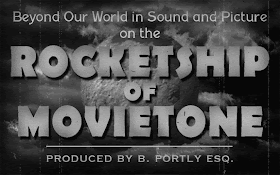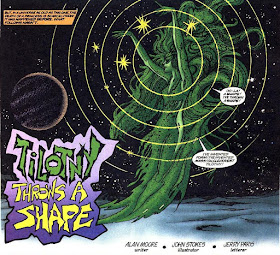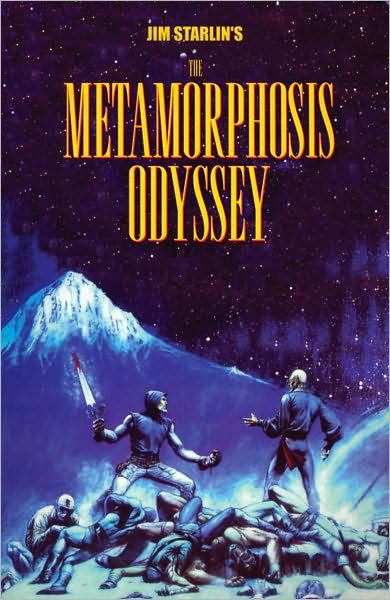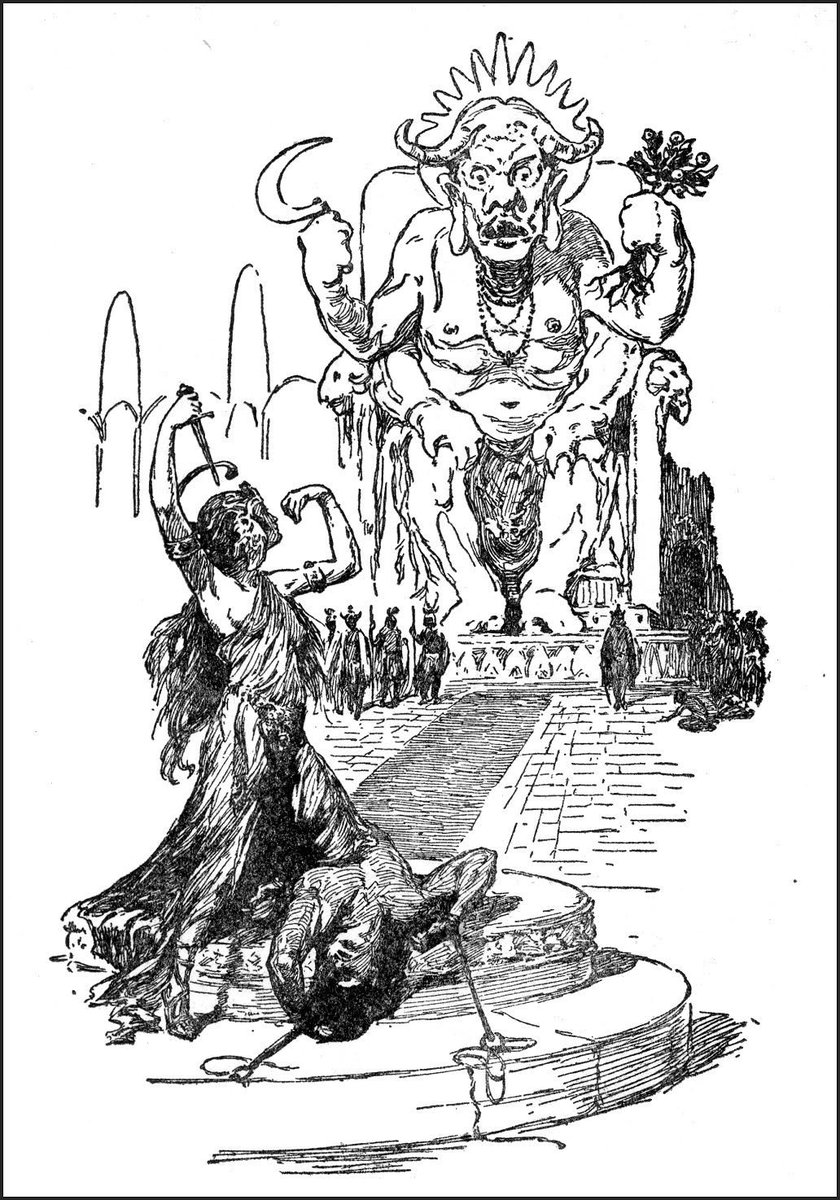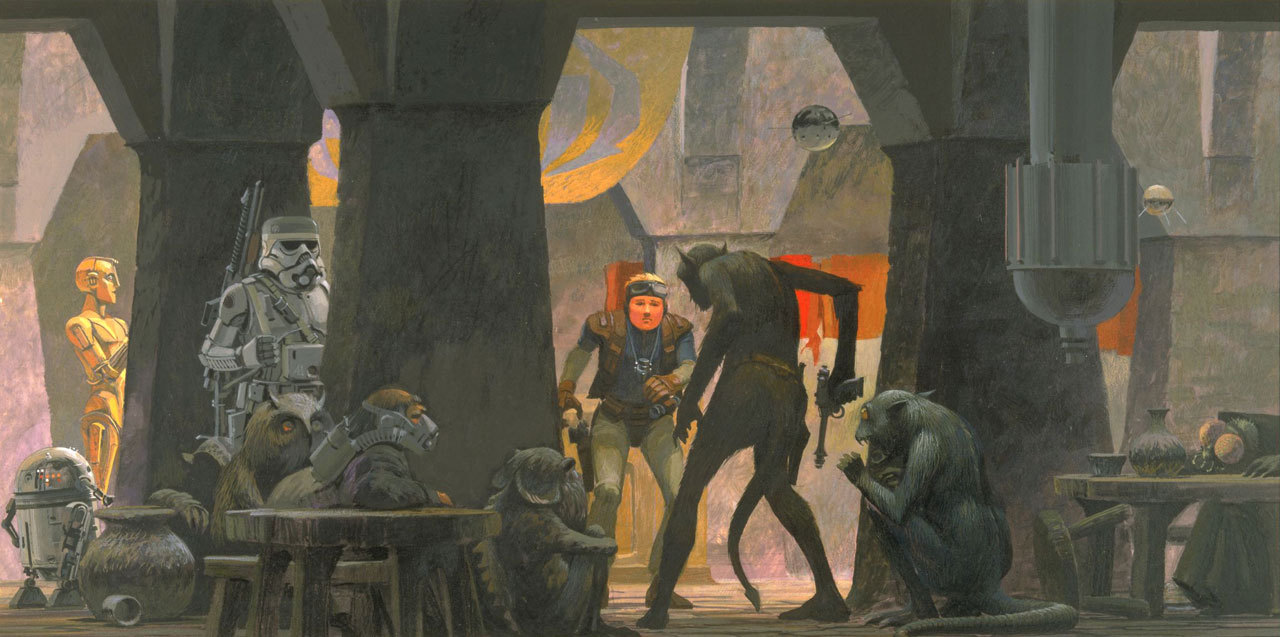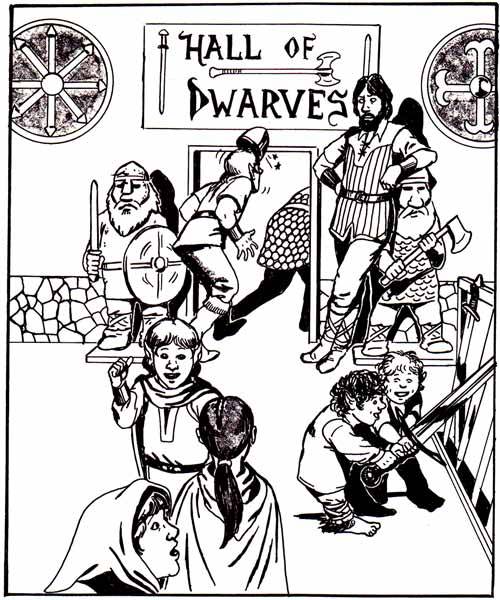 |
| Art by Jim Holloway |
This is an update to a post from 2017, originally conceived as I was reading Hero A Go-Go by Michael Eury. That book chronicles superhero comics' response (and influence on) 1960s camp pop culture. It's a combination that didn't always work well; many of the works now seem more goofy kitsch perhaps, and some are really just unfunny parody of superheroes. Still, when it works there is a certain charm to a lot of folks, as the revival comics Batman '66 and Wonder Woman '77 indicate.
I wonder why there hasn't been as much of a concerted attempt at published camp works for Dungeons & Dragons? Certainly, farcical humor abounds at the gaming table, and a number of comedic adventures have been written (a lot illustrated by Jim Holloway), in fact a couple of my Hydra colleagues have been taken to task for humorous elements in their work. There are, of course, humorous illustrations in the older AD&D books. But as far as I know, there has never been a camp setting or camp-informed setting--unless maybe HackMaster counts? Maybe it's just too difficult an approach to sustain well throughout a written project?
I should back up a bit here and define what I mean by "camp," since it's not a term with a universal, clear definition. What I mean in this case, is not the farce or cheese, but a sort of knowing amusement. An "engaged irony." As Isherwood would have it: "you’re not making fun of it; you’re making fun out of it." The "it" in our case being elfgames.
The settings of some OSR-related folks seem to me to have elements of camp without going all-in: Jason Sholtis' Operation Unfathomable, Chris Kutalik's Hill Cantons, some of Jeff Reints stuff, and my own Mortzengersturm. Dungeon Crawl Classics with its "airbrushed wizard van" elements could be taken as camp, but I'm unsure whether that is the intention.
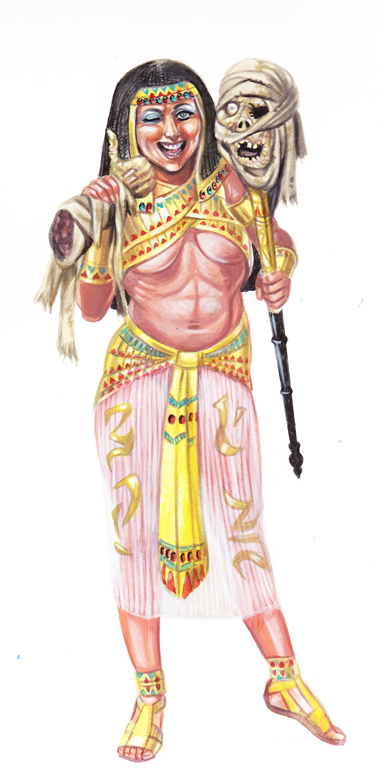 |
| Art by Jim Holloway |







